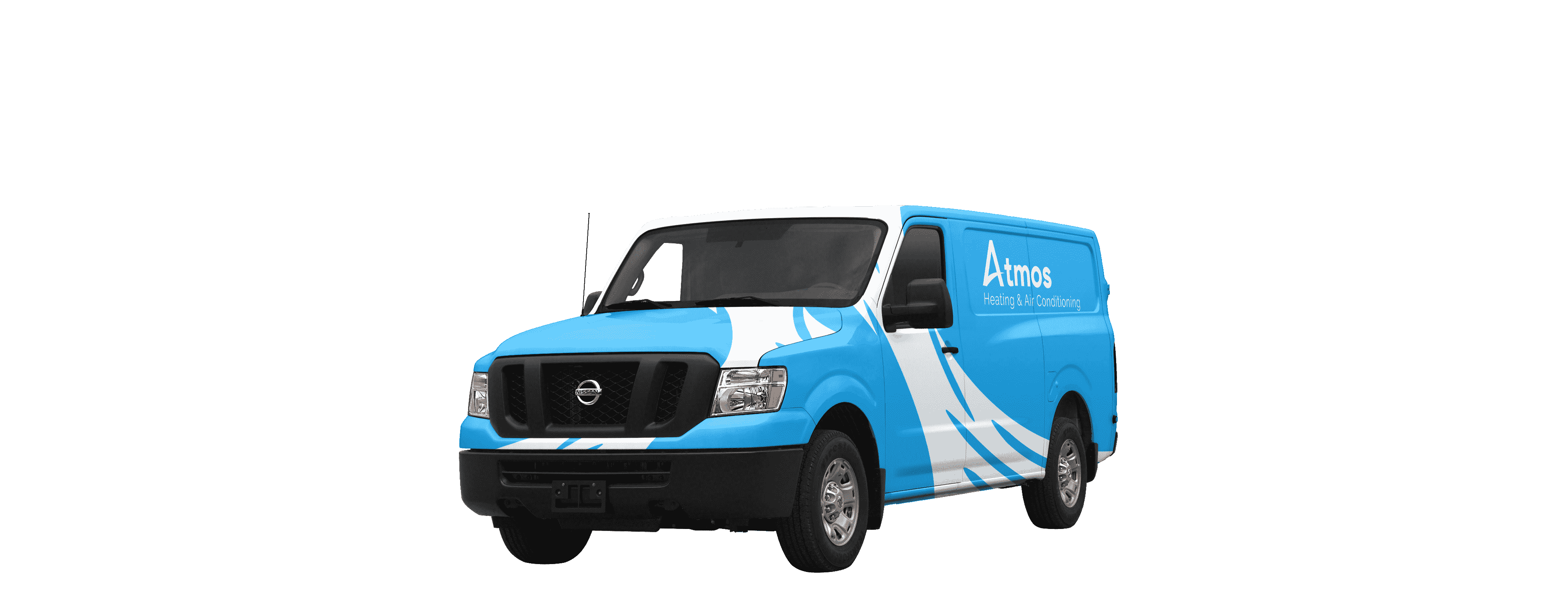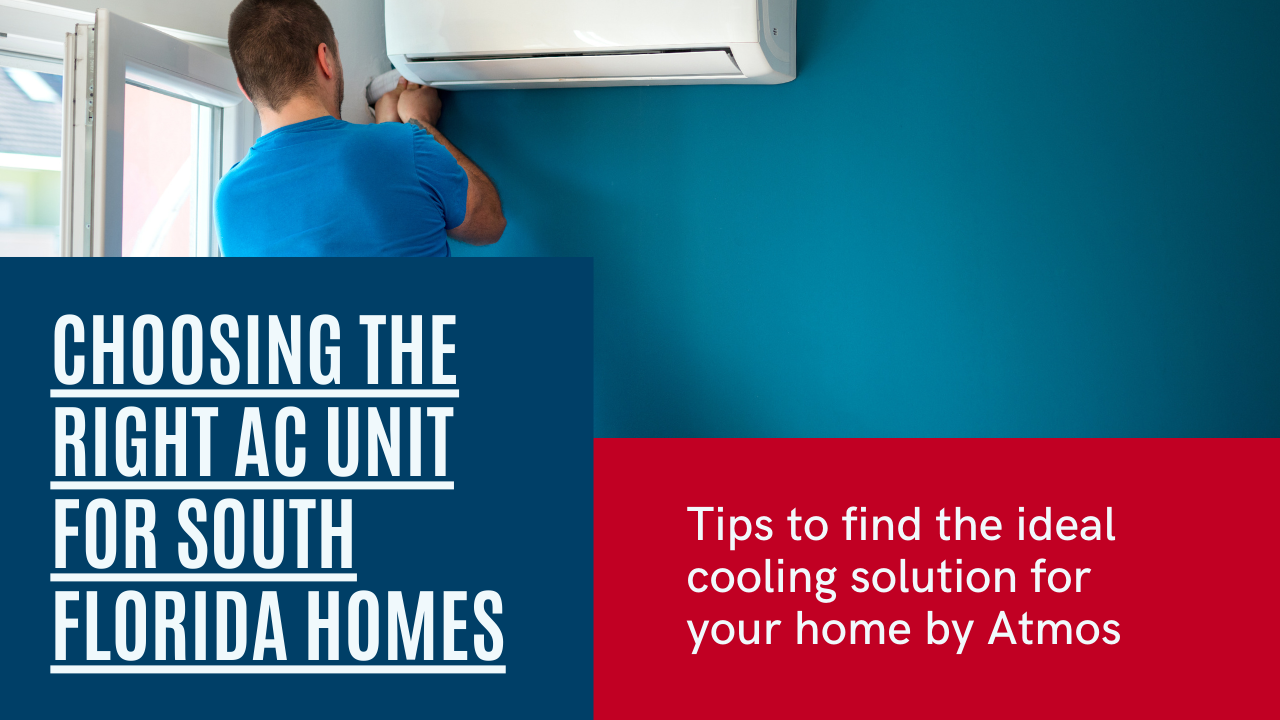South Florida’s climate is characterized by high temperatures and humidity levels that persist throughout the year. This makes air conditioning not just a luxury but a necessity for maintaining comfort and health in your home. Choosing the right air conditioning (AC) unit is crucial, as it directly impacts your energy bills, indoor air quality, and overall comfort. This article aims to guide homeowners in South Florida through the process of selecting the most suitable AC unit for their specific needs.
Understanding the Climate of South Florida
South Florida experiences a tropical climate with hot, humid summers and mild winters. The region’s average high temperature ranges from 75°F in January to 90°F in July, with humidity levels often exceeding 70%. This climate necessitates an AC system that can handle continuous, year-round operation. The high humidity also means that dehumidification is a critical function of any AC unit in this region.
Types of Air Conditioners
When selecting an AC unit, it’s essential to understand the different types available and their respective advantages and disadvantages.
Central AC Systems
Central AC systems are the most common type of air conditioning in South Florida homes. They consist of an outdoor unit (compressor and condenser) and an indoor unit (evaporator coil and air handler) connected by ductwork that distributes cool air throughout the home.
Pros
- Efficient cooling for the entire home
- Can be integrated with heating systems
- Better air filtration and humidity control
Cons
- Higher installation costs
- Requires ductwork, which can be expensive to install or modify
- Regular maintenance needed to keep ducts clean and system efficient
Mini-Split Systems
Mini-split systems, also known as ductless systems, consist of an outdoor compressor and one or more indoor air-handling units. These units are connected by a conduit that houses the power cable, refrigerant tubing, and a condensate drain.
Pros
- High energy efficiency
- No need for ductwork
- Individual room control
Cons
- Higher upfront cost compared to window or portable units
- Requires professional AC installation
- Indoor units can be visually intrusive
Window Units
Window air conditioners are self-contained units that fit into a window or a hole in an exterior wall. They are suitable for cooling individual rooms.
Pros
- Lower initial cost
- Easy to install
- Suitable for renters
Cons
- Limited to cooling one room
- Can be noisy
- Blocks window view
Portable Units
Portable air conditioners are freestanding units that can be moved from room to room. They require a venting kit to expel hot air through a window or wall.
Pros
- Mobility and flexibility
- No permanent installation required
- Suitable for temporary cooling needs
Cons
- Less efficient than other types
- Can be noisy
- Requires regular draining of condensate
Key Factors to Consider When Choosing an AC Unit
Cooling Capacity (BTUs and Tons)
The cooling capacity of an AC unit is measured in British Thermal Units (BTUs) and tons. One ton equals 12,000 BTUs. Proper sizing is crucial for efficient operation. An undersized unit will struggle to cool your home, while an oversized unit will cycle on and off frequently, leading to inefficiency and increased wear and tear.
Consequences of Improper Sizing:
- Undersized Units: Constant operation, higher energy bills, inadequate cooling
- Oversized Units: Short cycling, higher energy bills, poor humidity control, increased wear and tear
Energy Efficiency (SEER and SEER2 Ratings)
The Seasonal Energy Efficiency Ratio (SEER) measures the efficiency of an AC unit. Higher SEER ratings indicate more efficient units. As of 2023, new SEER regulations in Florida require higher minimum SEER ratings for new installations, making energy efficiency a critical consideration.
Benefits of High-Efficiency Units:
- Lower energy bills
- Reduced environmental impact
- Potential eligibility for rebates and incentives
Installation Costs
Installation costs can vary significantly depending on the type of AC unit and the complexity of the installation. Central AC systems typically have higher installation costs due to the need for ductwork. Mini-split systems, while less invasive, still require professional installation. Window and portable units have the lowest installation costs but may not be suitable for all homes.
Additional Costs:
- Ductwork installation or modification
- Electrical upgrades
- Permits and inspections
Maintenance Requirements
Regular maintenance is essential for the longevity and efficiency of your AC unit. Maintenance tasks vary by unit type but generally include filter changes, coil cleaning, and checking refrigerant levels.
Central AC Systems:
- Change filters every 1-3 months
- Clean coils and check refrigerant levels annually
- Clear debris from outdoor unit
Mini-Split Systems:
- Clean or replace filters monthly
- Inspect and clean outdoor unit regularly
- Check refrigerant levels annually
Window and Portable Units:
- Clean filters regularly
- Ensure proper venting
- Drain condensate as needed
Performing a Heat Load Calculation
A Manual J Load Calculation is the industry standard for determining the cooling load of a home. This calculation considers various factors to ensure the AC unit is properly sized.
Factors Considered:
- Square footage of the home
- Ceiling height
- Insulation quality
- Number and type of windows
- Orientation of the home
- Number of occupants
- Type of roof
Additional Features and Benefits
Smart Thermostats and App Connectivity
Smart thermostats allow for remote control and scheduling, optimizing energy use and enhancing comfort. You can adjust settings from your smartphone, ensuring efficient operation even when you’re not home.
Air Quality and Filtration
High-quality air filters can improve indoor air quality by removing dust, pollen, and other pollutants.
- HEPA Filters: High-efficiency particulate air filters that capture small particles
- Germicidal Lights: UV lights that kill bacteria and mold
Noise Levels
Noisy AC units can be disruptive, especially in bedrooms or living areas. Therefore, you must look for units with low decibel ratings and features designed to minimize noise.
Budget Considerations
While high-efficiency units may have higher upfront costs, they can save money in the long run through lower energy bills. Many manufacturers and utility companies offer financing options and rebates for energy-efficient units. Furthermore, consider the long-term savings and environmental benefits when evaluating the cost of high-efficiency units.
Choosing the Right AC Unit for Specific Locations in South Florida
| Coastal Areas | Coastal areas require AC units with corrosion-resistant components to withstand the salty air. |
| Inland Areas | Inland areas offer more flexibility in choosing AC units, but it’s still important to consider local climate conditions. |
| High-Risk Weather Zones (e.g., Florida Keys) | AC units in high-risk weather zones should be designed to withstand hurricanes and other extreme weather events. |
Consulting with Professionals
Consulting with HVAC professionals ensures that you choose the right unit and that it is installed correctly. Look for licensed, insured contractors with good reviews and a solid reputation.
Questions to Ask Your HVAC Technician
- What size unit do I need?
- What are the installation costs?
- What maintenance is required?
- Are there any available rebates or incentives?
Choose the Right AC unit for Your South Florida Home
Choosing the right AC unit for your home in South Florida involves considering various factors, including the type of unit, cooling capacity, energy efficiency, installation costs, and maintenance requirements. By understanding these factors and consulting with professionals, you can make an informed decision that ensures comfort, efficiency, and long-term savings.




